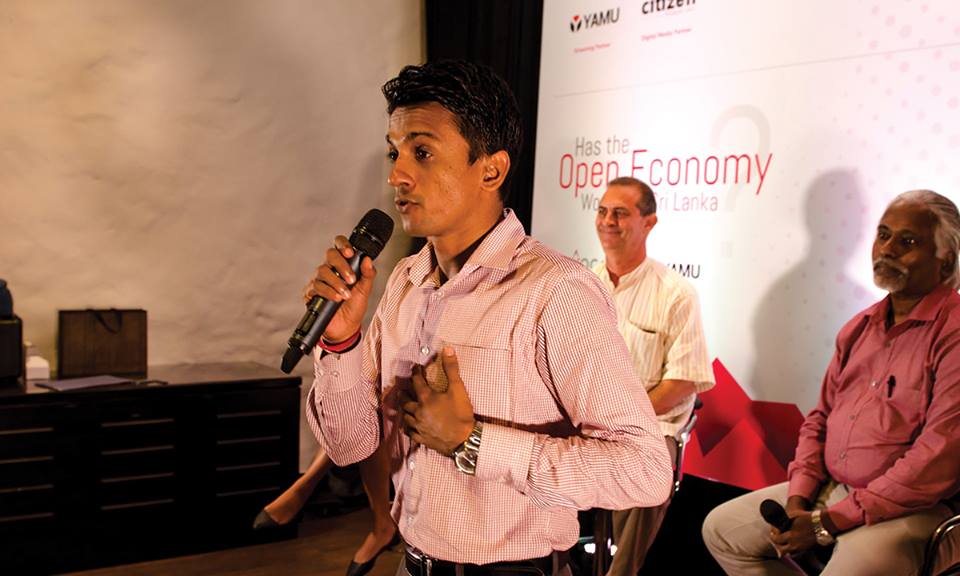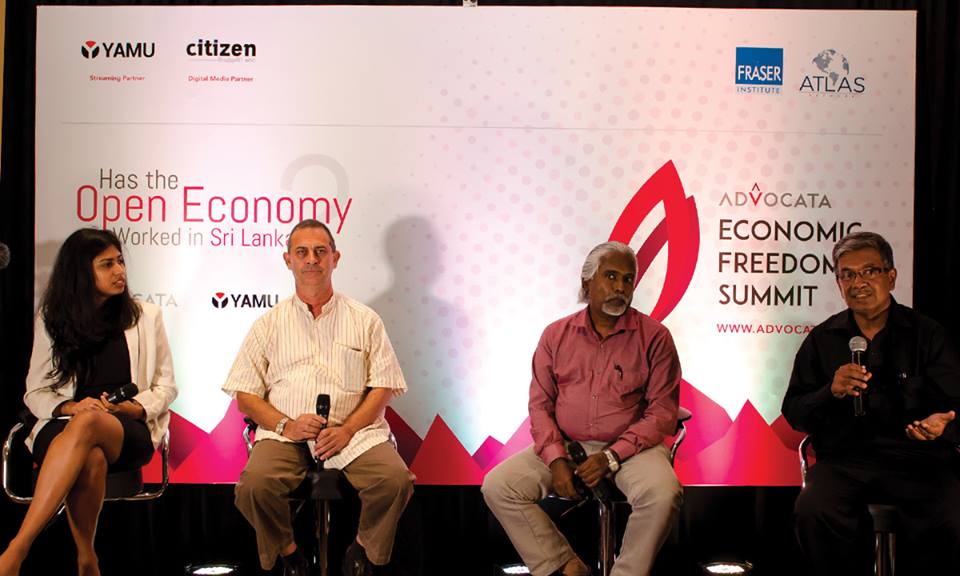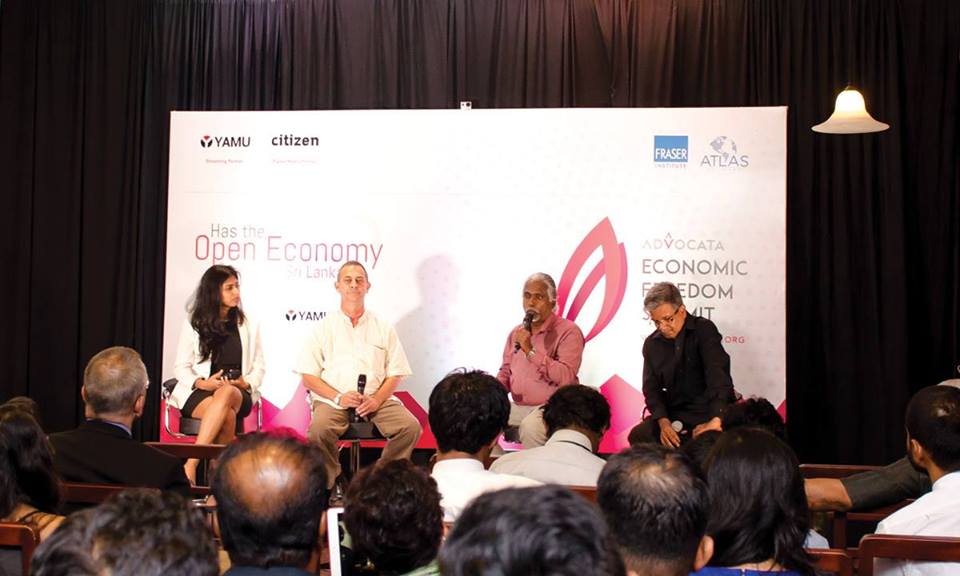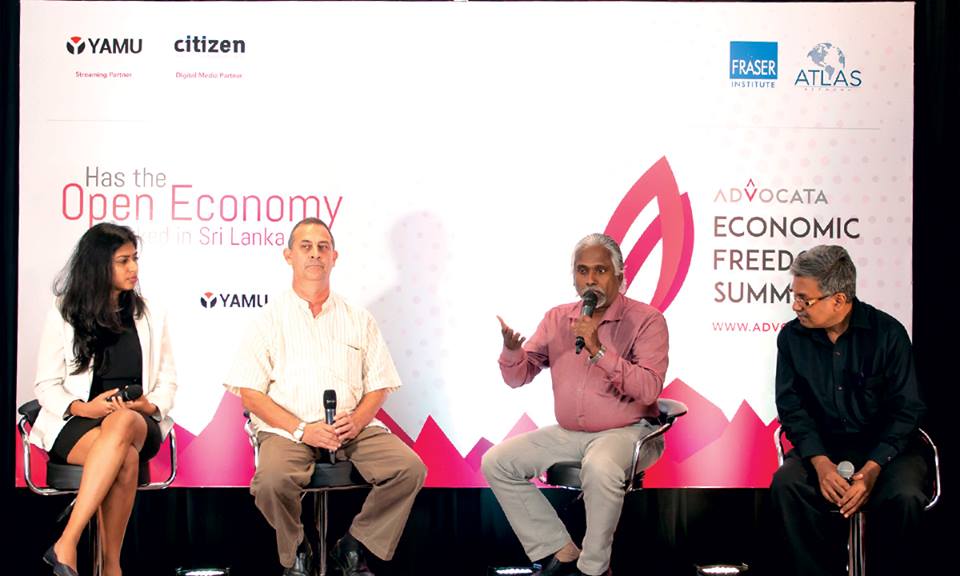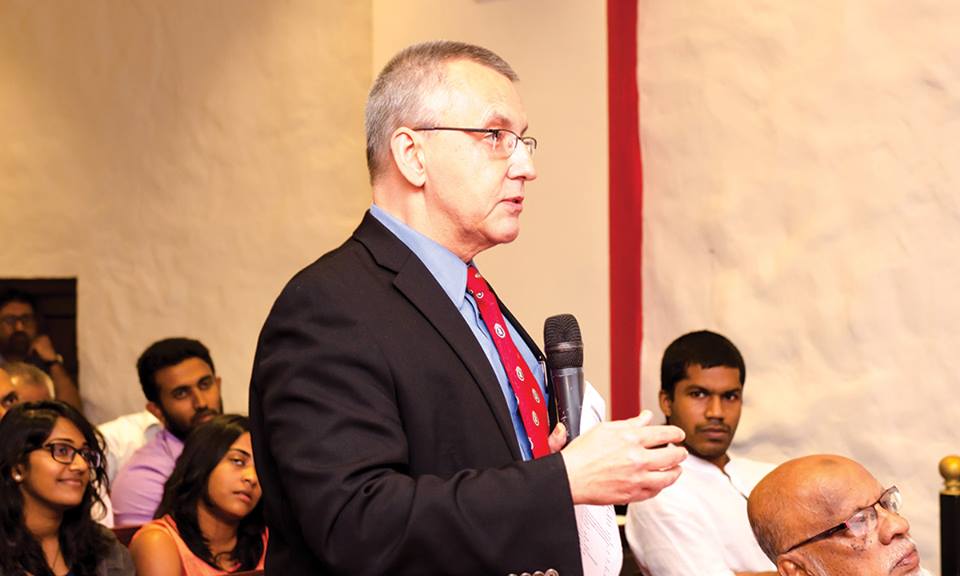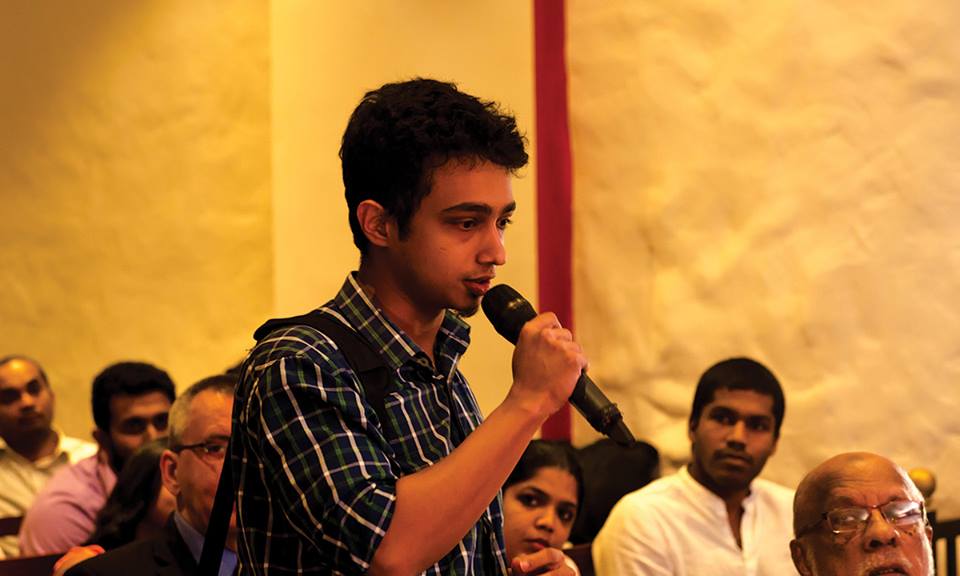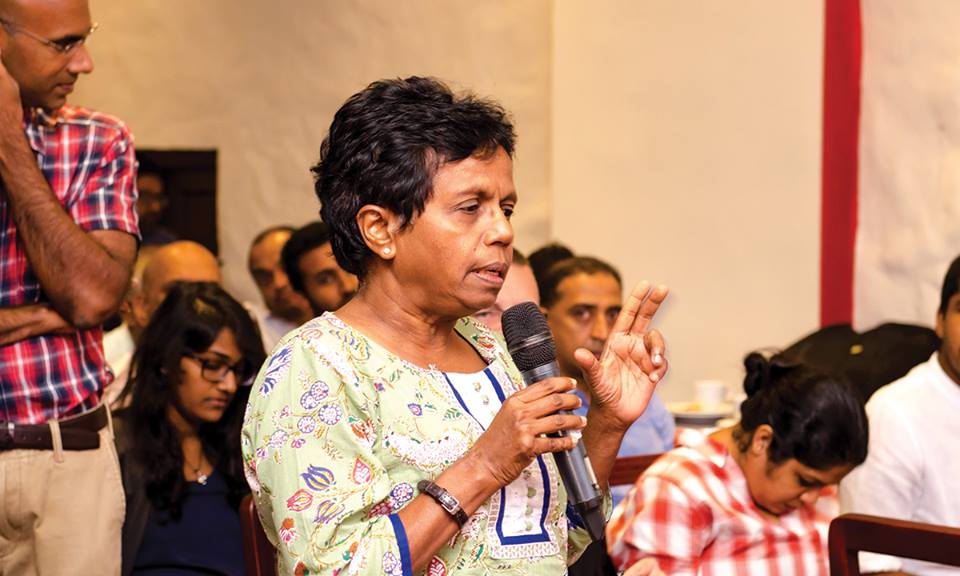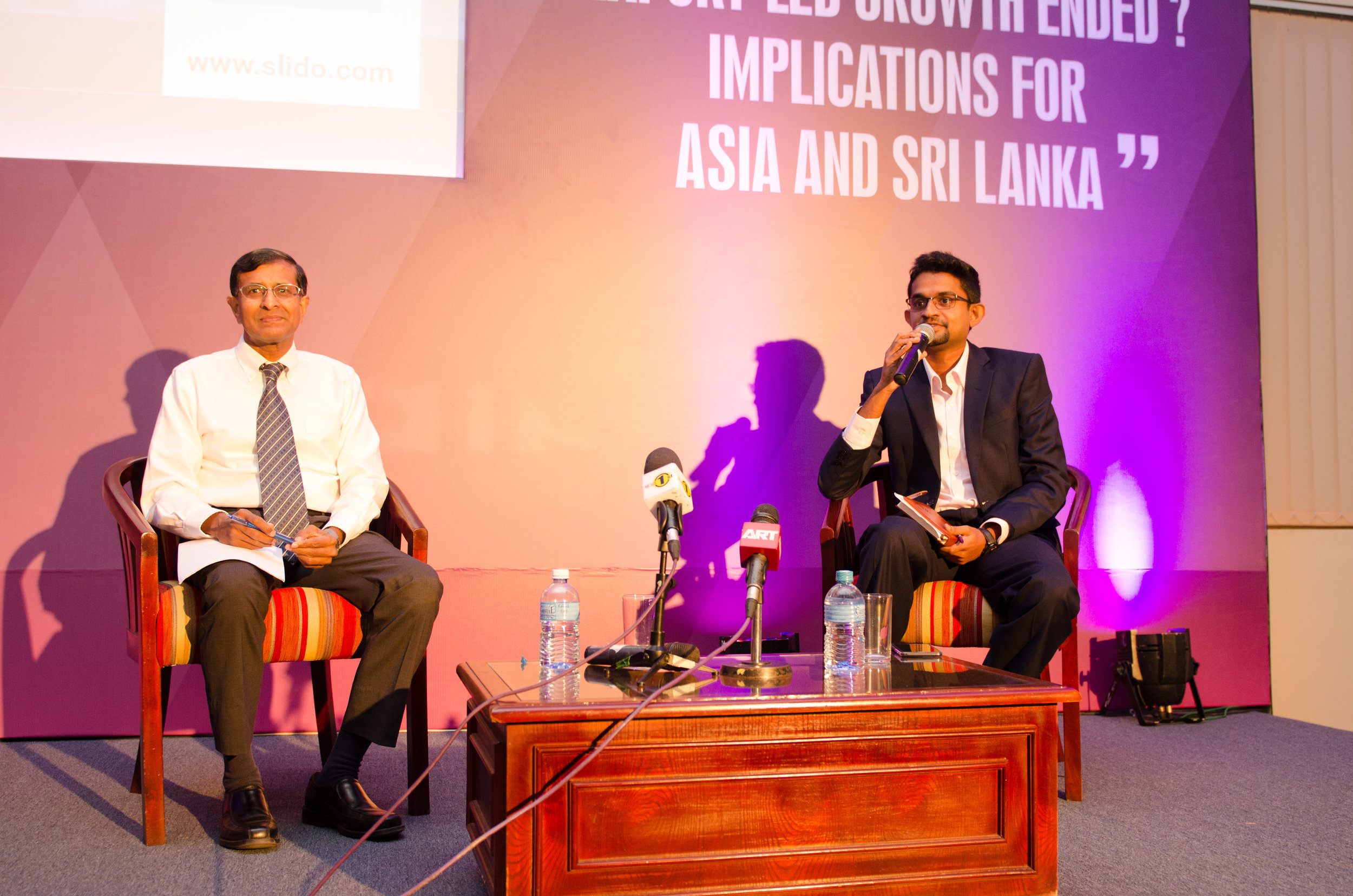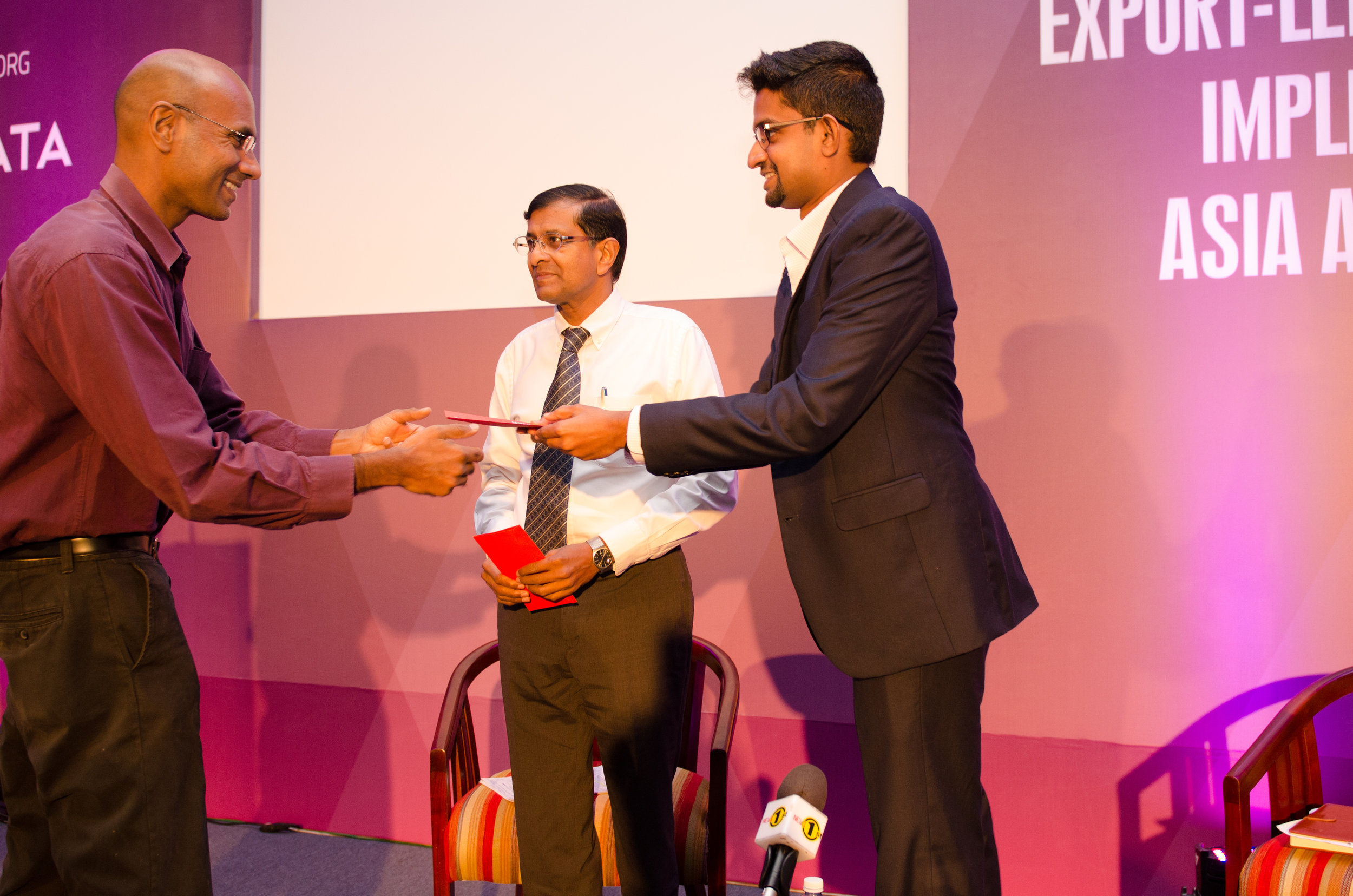The Advocata Institute co-hosted Atlas Network’s Asia Liberty Forum earlier this month from the 28th of February - 01st of March at the Hilton Colombo. The event was graced by 250+ academics, intellectual and leading economic and policy thinkers from over 30 countries. The Freedom Dinner on the 28th of February saw the presence of leading political dignitaries as well. The forum focused on economic challenges facing the Asian region and way forward.
Sunday Observer - Advocata Institute to host Asia Liberty Forum
“Over 200 leading academics, policymakers and intellectuals from over 30 countries will participate in the Asia Liberty Forum 2019 in Colombo to discuss challenges facing the Asian region and to learn from each other on how to advance free-market reforms. The Asia Liberty Forum is an annual event by the United States based Atlas Network, co-hosted in partnership with the Advocata Institute.”
Lanka Business Online - Advocata Institute to host Asia Liberty Forum 2019 in Sri Lanka
“Over 200 participants, comprising leading academics, policy makers and intellectuals from over 30 countries will come together in Colombo, Sri Lanka for the 2019 Asia Liberty Forum to discuss challenges facing the Asian region and to learn from each other on how to most effectively advance free-market reforms.”
Daily News - Asia Liberty Forum co-hosted by Advocata Institute, Atlas Network today
“The Asia Liberty Forum brings together over 50 speakers, over 275 thought leaders and intellectuals from 40 different countries to discuss challenges facing the region and to learn from one another how to effectively advance market-oriented reforms. The annual Asia Liberty Forum is hosted by the Atlas Network and co-hosted by Advocata Institute in Sri Lanka this year.”
Daily FT - Public events at Asia Liberty Forum announced
“The annual Asia Liberty Forum is hosted by the Atlas Network and co-hosted by Advocata Institute in Sri Lanka this year. With the objective of making this year’s forum affordable and accessible to all, Advocata Institute is opening up two sessions to the public, with free admission.”
Business World - Capitalism and freedom in Asia
“The annual Asia Liberty Forum (ALF) 2019 conference is held this week February 28 to March 1 in this South Asian country. To discuss and promote capitalism and free market policies may look ironic in a country that is officially named “Democratic Socialist Republic of Sri Lanka.” Yet this country has more pro-market policies than many supposedly capitalist Asian economies.”
Sunday Observer - Expert advocates economic reforms for five years
“Sri Lanka needs to implement much needed economic reforms at least for the next five years, particularly to address the debt burden. It is the responsibility of governments to place the economy on a sound footing to revive growth and to accrue benefits to the people, Executive Director, Lakshman Kadirgamar Institute of International Relations and Strategic Studies, Dr. Ganeshan Wignaraja told the first ever Asia Liberty Forum in Colombo last week.”
Daily FT - Recipe for SOE reform
“Speaking at the launch of the ‘State of State Owned Enterprises 2019’ report compiled by local think-tank Advocata, Resident Fellow Ravi Ratnasabapathy recapped the significant role played by SOEs in the Sri Lankan economy. He pointed out they were vulnerable to mismanagement and corruption because of potential conflicts between the ownership and policy-making functions of the Government and undue political influence on their policies, appointments, and business practices.”

